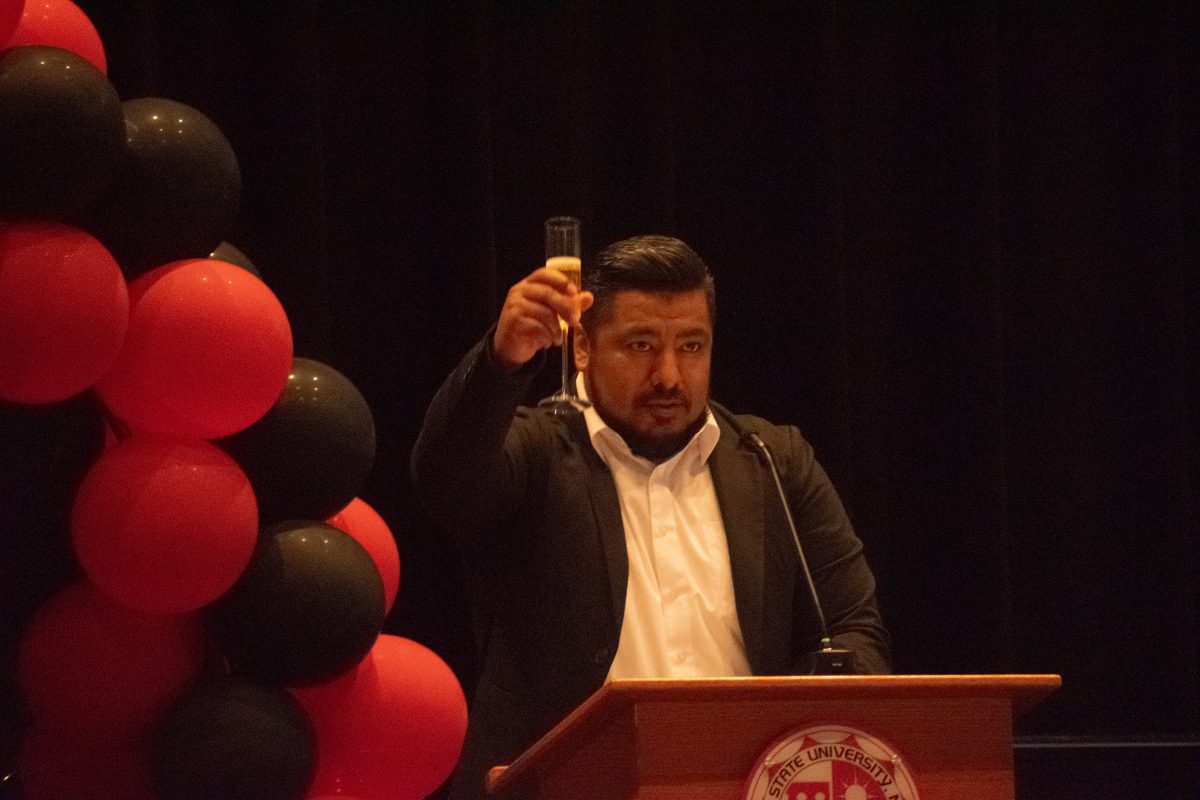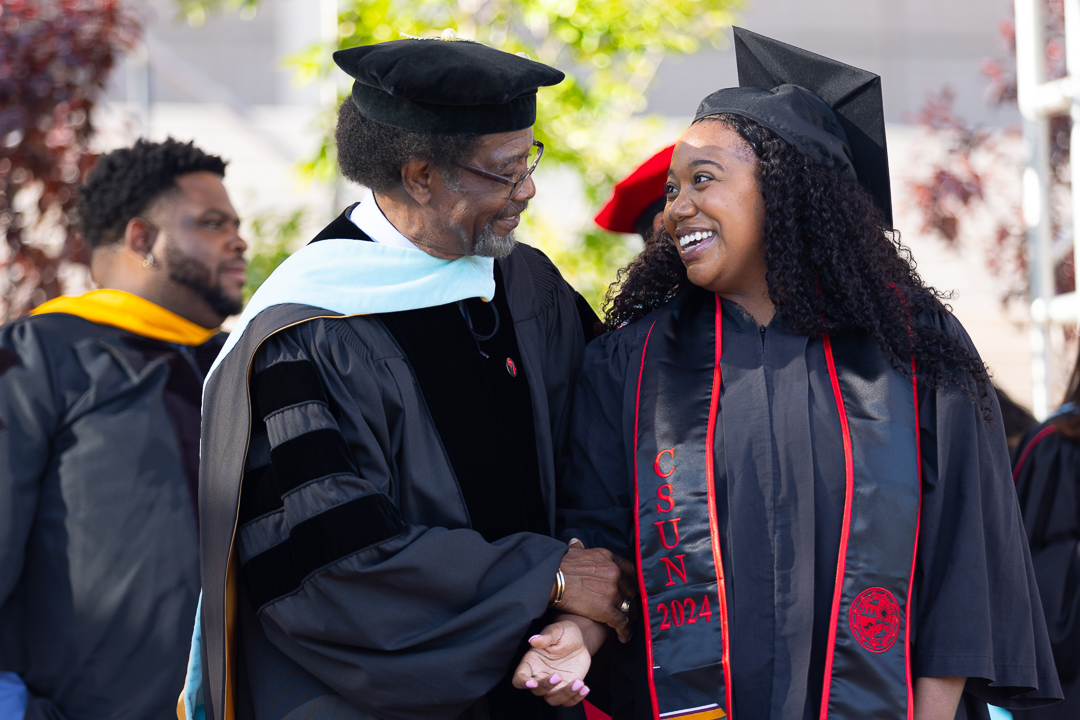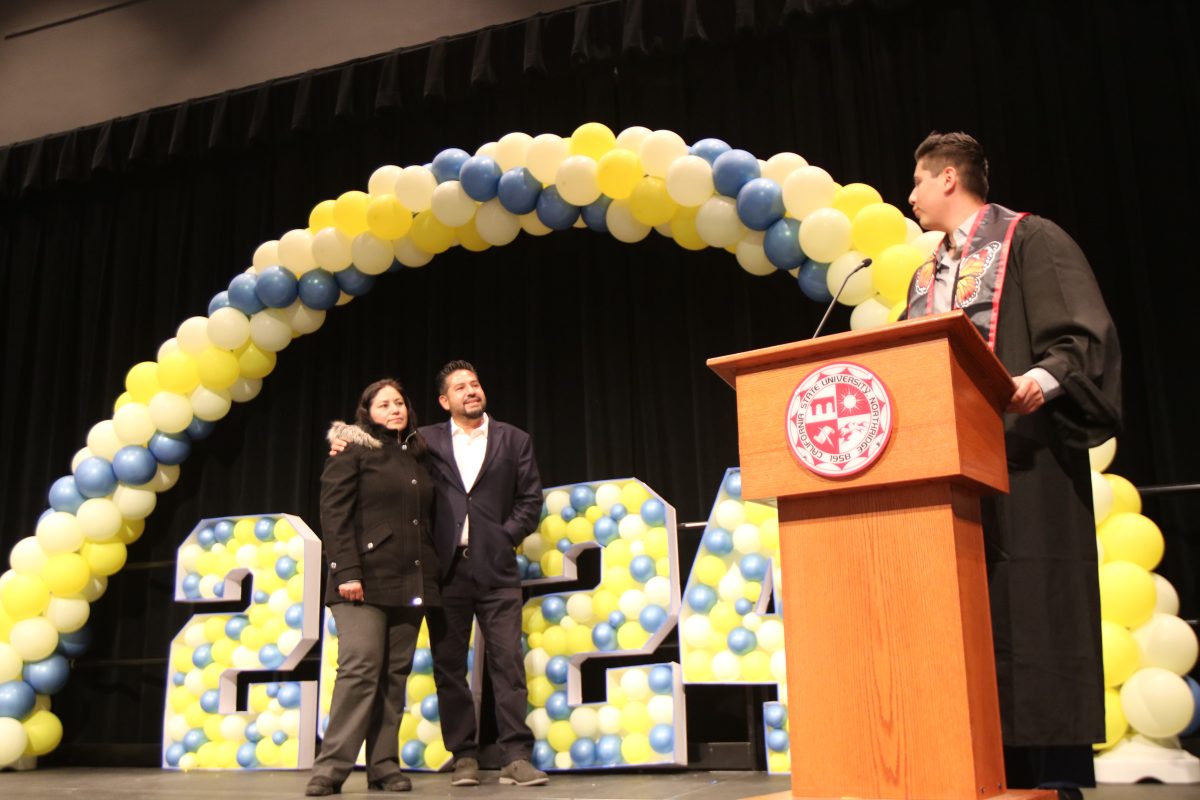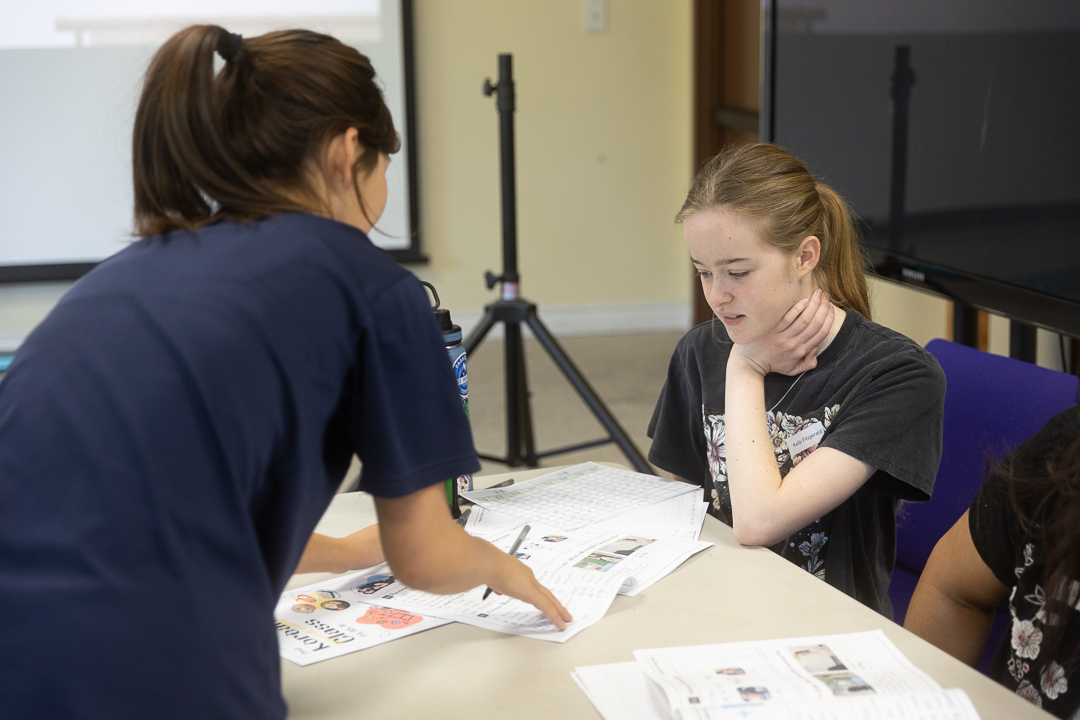The California Faculty Association (CFA) plans to hold a strike authorization vote between Oct. 21 and Oct. 27, which could allow professors, lecturers, counselors and coaches of the California State University system to strike.
The vote is an authorization to allow the union the decision to call for a strike if negotiations fall through. CFA seeks to reopen bargaining on articles 20, 23, 31 and 37 of their Collective Bargaining Contract, for better safety on campus, more appropriate workloads, adequate paid parental leave and higher wages before the contract reopens on June 30, 2024.
These specific articles were designed to be reopened when the union ratified it on Feb. 3, 2022. According to Nate Thomas, president of the Northridge chapter of the CFA, the CSUN faculty favors the authorization and the vote is likely to pass.
“Faculty working conditions are student learning conditions. The faculty are barely making it,” Thomas said. “There’s new faculty walking around this campus that could barely make it with their Ph.D.s and $200,000 in student loans, and then walk into the campus making $75,000 or $80,000 a year.”
According to the CFA’s website, the association is asking for a 12% salary increase for all faculty and an increase of the salary floor for its lowest-paid educators. They are also working toward a minimum course cap (how many students to a course) to address overworking, and increasing counselor-to-student ratios from 1-to-1000 to 1-to-1500 to boost mental health services for students.
A limitation to police power is also being proposed – specifically to stop the ability to dispatch police on faculty “unless required by the law” and provide CSU employees with the ability to be represented by union or legal representatives in police interviews. This also includes moving police interviews to private locations with unarmed officers.
Other proposals include safe gender-inclusive restrooms and changing rooms for faculty, designated lactation spaces, milk storage for nursing parents and expanded paid parental leave from 30 days to one semester or term.
Higher pay to retain diverse faculty is also a focus of the union. Some faculty of color start working at CSUs only to leave for higher paying positions at other institutions. According to a study done by the California State University Employees Union, out of 949 employees at Northridge, 351 are white, 365 are Hispanic, 69 are Black, 143 are Asian and 21 are listed as other. In the same study, Black and Hispanic employees are paid less than white and Asian employees across the CSU. While mean monthly pay for Black and Hispanic employees is $4,466 and $4,144 respectively, white and Asian employees receive $5,045 and $5,347.
“I would like CSUN to be a destination campus, like it was for me,” said Thomas, who is a professor of color, teaching cinema and television arts. “Some people of color will come and train for two or three years, and then go to the UC system for more money. You have to pay those people a bit more if you want them to stay here.”
A majority vote of 51% is needed for the CFA to pass the vote and legally strike if the board of directors decides to. If the vote is passed, the CSU Board of Trustees and the association would have a 10-day negotiating period. This places possible strikes scheduled toward the end of the year.
Thomas said he did not know what a new CSU strike would look like, but harkened back to the November 2011 strikes at CSU East Bay and CSU Dominguez Hills, which lasted one day and shut down both campuses. According to the CFA’s website, a strike would see educators and faculty walking out of their offices and classrooms to picket lines on campus.
“Nobody wants to strike. Nobody wants to do that. Nobody wants to hurt the students,” Thomas said. “But we really have to put a focus in this country, not only here, on education. Educators are not paid what they’re worth.”










